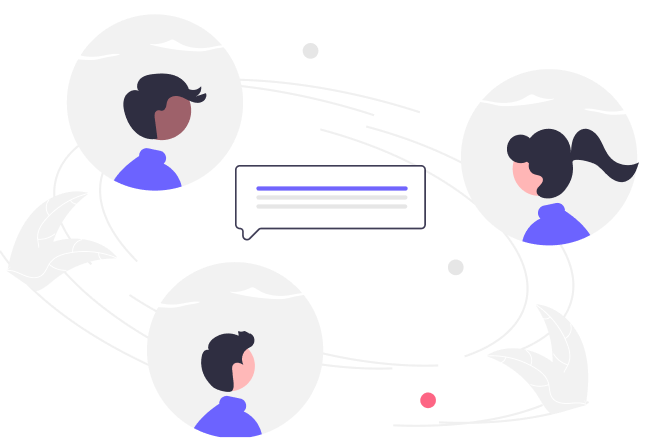Intermediate

Foundations of Artificial Intelligence and Machine Learnin
Unit-wise Structure (5 Units × 20 marks)
Unit 1: Introduction to Artificial Intelligence (Weightage: 20 marks)
- Definition, history, and evolution of AI
- Types of AI (Narrow, General, Strong, Weak)
- Applications of AI across disciplines (Healthcare, Finance, Education, Libraries, etc.)
- Foundations of AI: Logic, Search, Knowledge Representation
- Ethical and social issues in AI (bias, transparency, job automation)
- Introduction to intelligent agents and environments
Unit 2: Fundamentals of Machine Learning (Weightage: 20 marks)
- Difference between AI and ML
- ML paradigms: Supervised, Unsupervised, and Reinforcement Learning
- Model training process (training, validation, testing)
- Bias-variance tradeoff
- Underfitting vs. overfitting
- ML tools and frameworks (e.g., Scikit-learn, TensorFlow – brief intro)
Unit 3: Supervised Learning Algorithms (Weightage: 20 marks)
- Regression (Linear and Logistic)
- Classification (k-NN, Decision Trees, Random Forests)
- Performance metrics: Accuracy, Precision, Recall, F1 Score, Confusion Matrix
- Use cases: Email spam detection, credit risk analysis
Unit 4: Unsupervised Learning and Neural Networks (Weightage: 20 marks)
- Clustering (k-Means, Hierarchical)
- Dimensionality Reduction (PCA, t-SNE – brief overview)
- Basics of Artificial Neural Networks (Perceptron, MLP)
- Introduction to Deep Learning (only conceptual)
- Applications: Image classification, customer segmentation
Unit 5: Practical Applications and Future Trends (Weightage: 20 marks)
- Real-world case studies (AI in healthcare, NLP in chatbots, recommendation systems)
- Basics of Natural Language Processing (tokenization, sentiment analysis)
- Reinforcement learning concepts (agent, environment, rewards – conceptual only)
- Recent trends: Generative AI (ChatGPT, DALL·E – overview), Explainable AI, AI and ethics
- Hands-on: Outline of 1–2 beginner ML projects (e.g., Titanic dataset, Iris classification)
🧾 Assessment Suggestions
- Internal Assessment (30 marks): MCQs, practical tasks, mini-project report, presentations
- End Semester Exam (70 marks): Descriptive questions, short notes, analytical problems
Curriculum
- 2 Sections
- 8 Lessons
- 45h Duration
Unit 1: Introduction to Artificial Intelligenc
5 Lessons
- Definition, History, and Evolution of Artificial Intelligence (AI)
- Types of Artificial Intelligence (AI)
- Foundations of AI: Logic, Search, Knowledge Representation
- Ethical and social issues in AI (bias, transparency, job automation)
- Introduction to intelligent agents and environment
Unit 2: Fundamentals of Machine Learning
3 Lessons
- Difference between AI and ML
- ML paradigms: Supervised, Unsupervised, and Reinforcement Learning
- Model training process (training, validation, testing)
